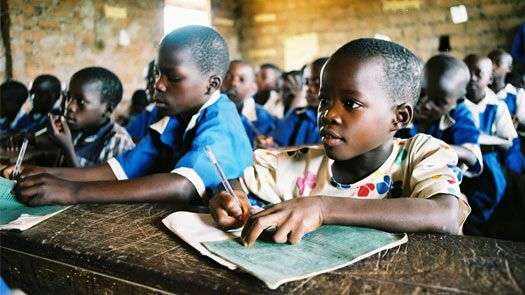Since 1991, every year on 16th June, the world, especially Africa celebrates the international day of the African child. Conscious of the value of the child in Africa and the necessity of the wellbeing of the African children, in particular, we at African Jesuit AIDS Network (AJAN) observe the Day of the African Child (DAC) as a commemoration of the 16th of June 1976 student uprising in Soweto, South Africa, where students who marched in protest against apartheid-inspired education, were brutally murdered. In face of education inequality and injustice in the apartheid regime, nearly ten thousand black school children marched protesting the poor quality of their education and demanding their right to be taught in their own language. To celebrate the children of Africa, the AJAN 2021-2025 Strategic plan theme’s focuses on ‘Accompanying the youth in their upbringing’ which is in line with the theme for the Day of the African Child (DAC) 2022, Eliminating Harmful Practices Affecting Children: Progress on Policy & Practice since 2013”.
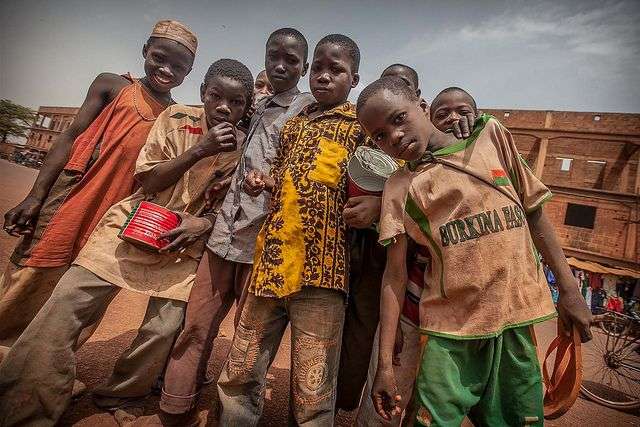
Photo by Anthony Pappone photography
This year, as we recognize the courage of thousands of students who had to step up and take their rights themselves, it is an important day to remember the struggles and our duties to ensure proper education for children around the world. And by recognizing everyone as part of humanity, the African Child deserves not to be neglected but to be taught so as to learn more and understand each other, this way we get to work towards a harmonious planet.
According to research undertaken by UNICEF: ELIMINATING HARMFUL CULTURAL AND SOCIAL PRACTICES AFFECTING CHILDREN: OUR COLLECTIVE RESPONSIBILITY the following were outlined serious harms affecting our African Children: *Early and forced marriages which are accompanied by emotional, physical and psychological abuse; *Child Prostitution; *Cases of child labor are prevalent in communal communities.
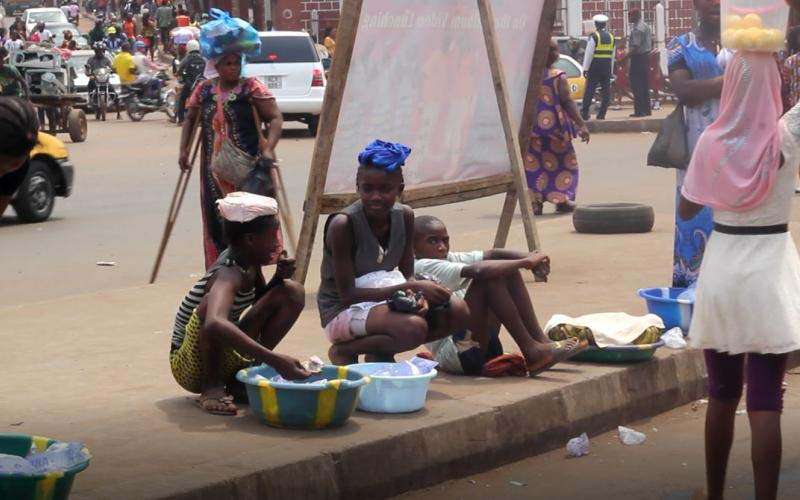
It is because of the above injustices that Pope Francis has strived over the years to walk with the African child; in December 2019 he said, “Every child who is marginalized, abused, abandoned, without schooling, or without medical care, is a cry that rises up to God. In each of them is Christ, who came to our world as a defenseless child; it is Christ who looks at us through the eyes of each of these children. Let us pray that every country decides to take necessary measures to make the future of children, especially those who suffer, a priority.”
In line with making sure that we give compulsory, child-friendly, free, and mandatory education to all children in Africa, AJAN launched the AJAN HIV & AIDS Prevention Program for Youth (AHAPPY) which pursues the integral development of young people (ages 10-24). The AHAPPY program is a well thought value-based tools based on Ignatian spirituality, christian and traditional values for integral education; it started in September 2013 and gets to involve the youths in having one to one discussion on specific subjects that touch on their lives, using the ignatian principle of “cura personalis”, that pays attention to the experience of the young.
Back in 2002, we felt that we had planted a tiny mustard seed; today, 20 years later this tiny seed seems to have turned into a robust, large tree-plant for the greater glory of God. So many things have happened till present. We have been able to organize many workshops for the Children and youth in Africa, in person and virtual due to the pandemic. They have been attended by authorities, teachers, catechists and parents from different schools in Kenya, Uganda, Rwanda, Democratic Republic of the Congo, Zimbabwe, Liberia, Zambia, Burundi, Tanzania, Central African Republic, Togo, Madagascar, Benin and Burkina Faso. Because of that, many children and youth have been empowered to make informed and responsible choices so as to lead a blossoming and successful social life in an AIDS-free generation.
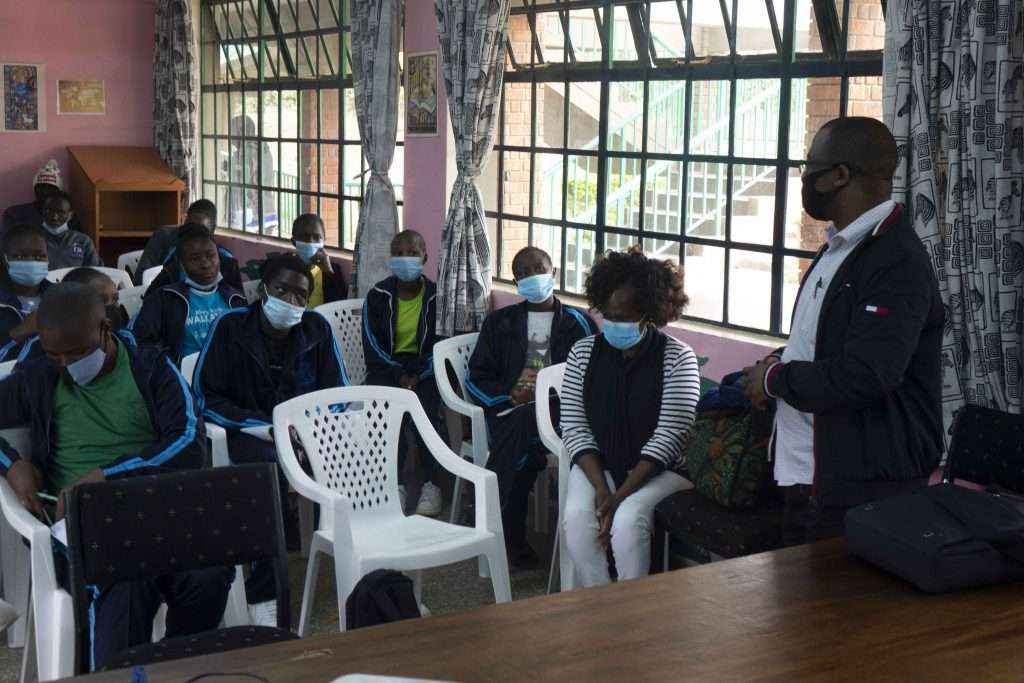
Even as we are currently facing the Covid-19 pandemic, it is good to remember that discrimination of any form should never be tolerated. For St Ignatius, we have to go out of our way to live and provide an empowered life so as to enrich the lives of others around you, this is in contemplation of the Gospel; Mark 10:13-16: People were bringing little children to him in order that he might touch them; and the disciples spoke sternly to them. But when Jesus saw this, he was indignant and said to them, ‘Let the little children come to me; do not prevent them, for the kingdom of God belongs to such as these’ And he took them up in his arms, laid his hands on them, and blessed them.
Over the years AJAN field Centers at the grass roots have been at the forefront of raising awareness on the harmful consequences of teen pregnancy, child marriage and reducing acceptance among those who make the decision to marry off girls as children and also try to ensure that the society are knowledgeable of the adverse effects brought about by HIV and AIDS. So, we try to recognize every effort that is put up to reduce infections and any other kind of threat to the wellbeing of the children.
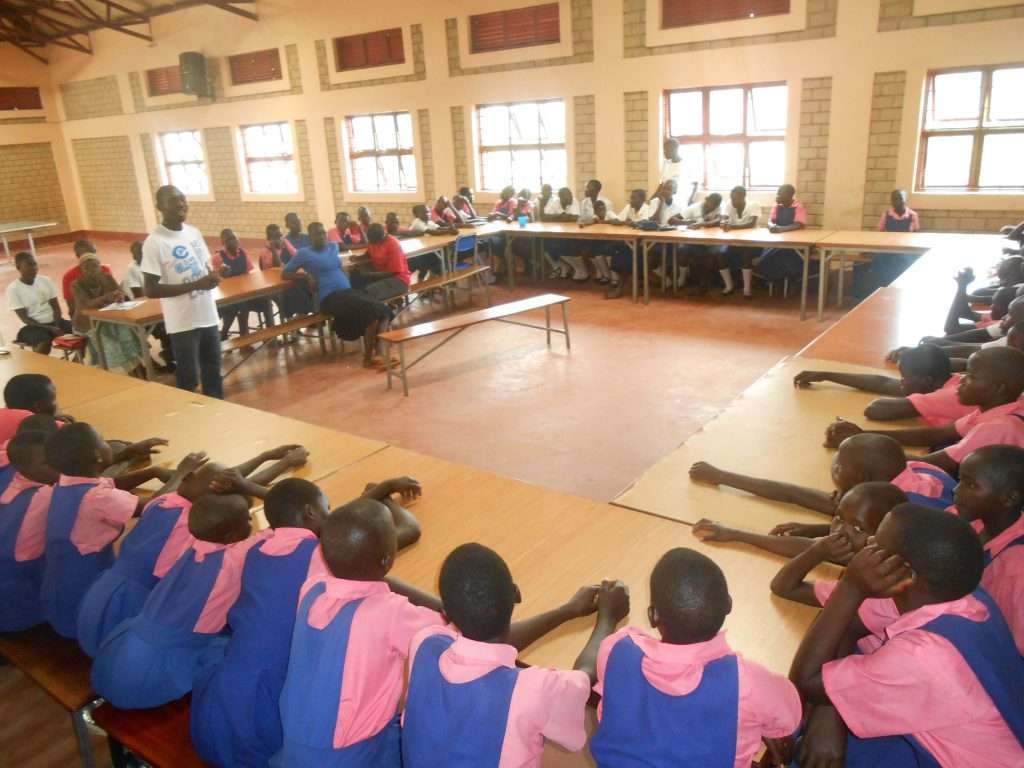
The African child has so many stories to tell, and we would love to share those stories and through organized writing competition and invitation for write ups, the African child gets to narrate and attest to the positive impacts of the program we have rolled out on their social life. Through these stories we get the need for continuing improvement in education.
We commemorate this day by encouraging people’s spirit of abundance to share something special with a child in Africa. We live our lives with the spirit of never giving up on the youth and molding them to become better each day.
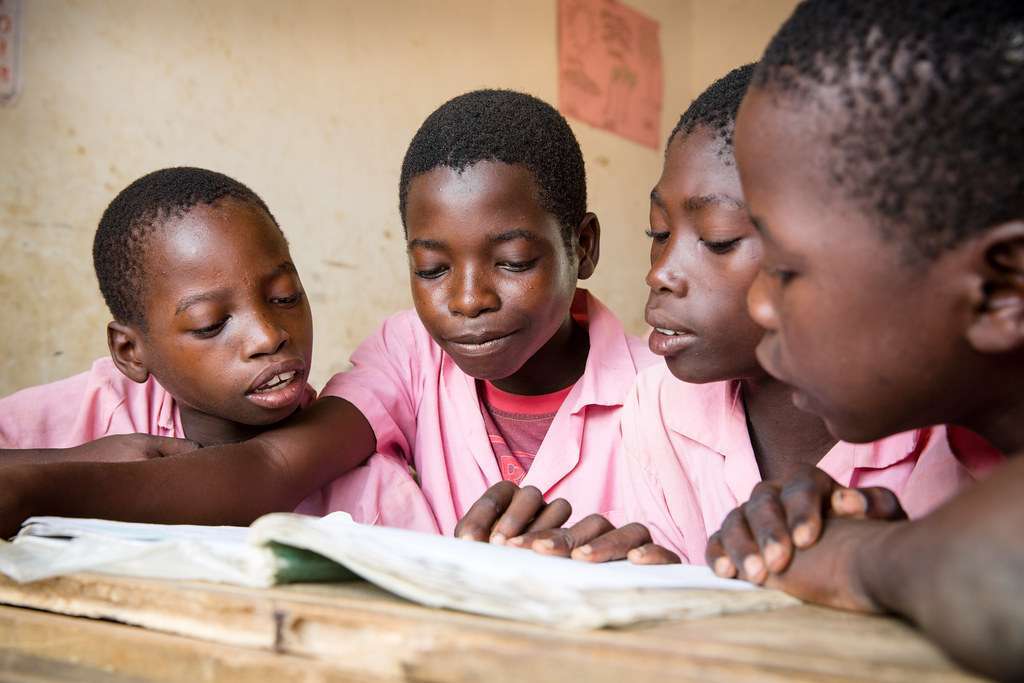
In AJAN we believe that a caring and heathy community is known and measured by the way it treats its children or young members. In face of mistreatment and violence against Abel, his young brother, our God asked Cain, “where is your brother?” This question could be asked to each one of us: “where are our children?” It means in other words, how are we treating them? How are are caring for them? How much is their safety, future, education are a concern to you and me? Can we today affirm that what the children in Soweto died for is finished? Today the situation is heartbreaking: How many children are out of school? Our children are out of homes in our streets in cities and villages, children are recruited in armed groups, children are dying for hunger, they are abused; children are dropping out schools for various reasons, children are sexually abused, children are victim of human trafficking, etc. Let ask ourselves the question have we lost our mind? We cannot hide our faces in front of this disaster affecting our children. The present and the future of our families, communities and society is a high risk.
Where is your brother?
Fr Matambura Ismael, sj
AJAN Director.

